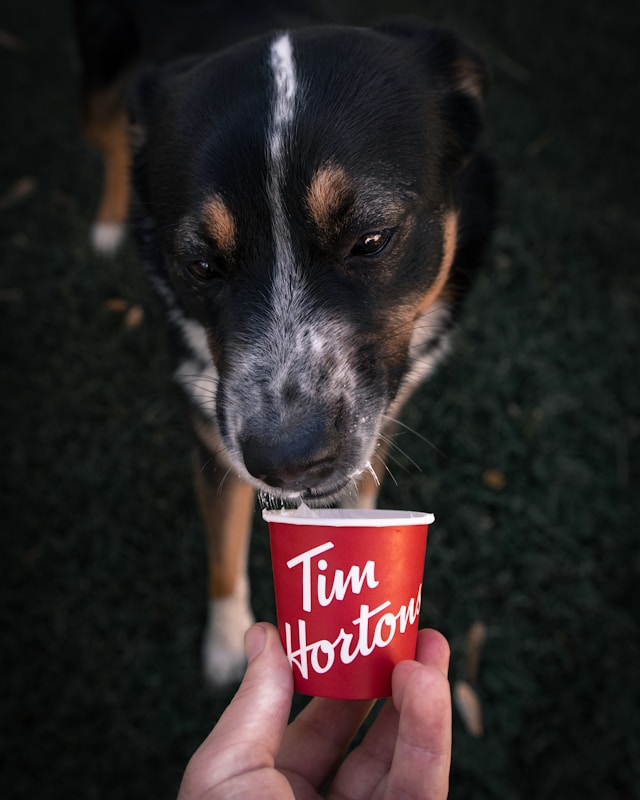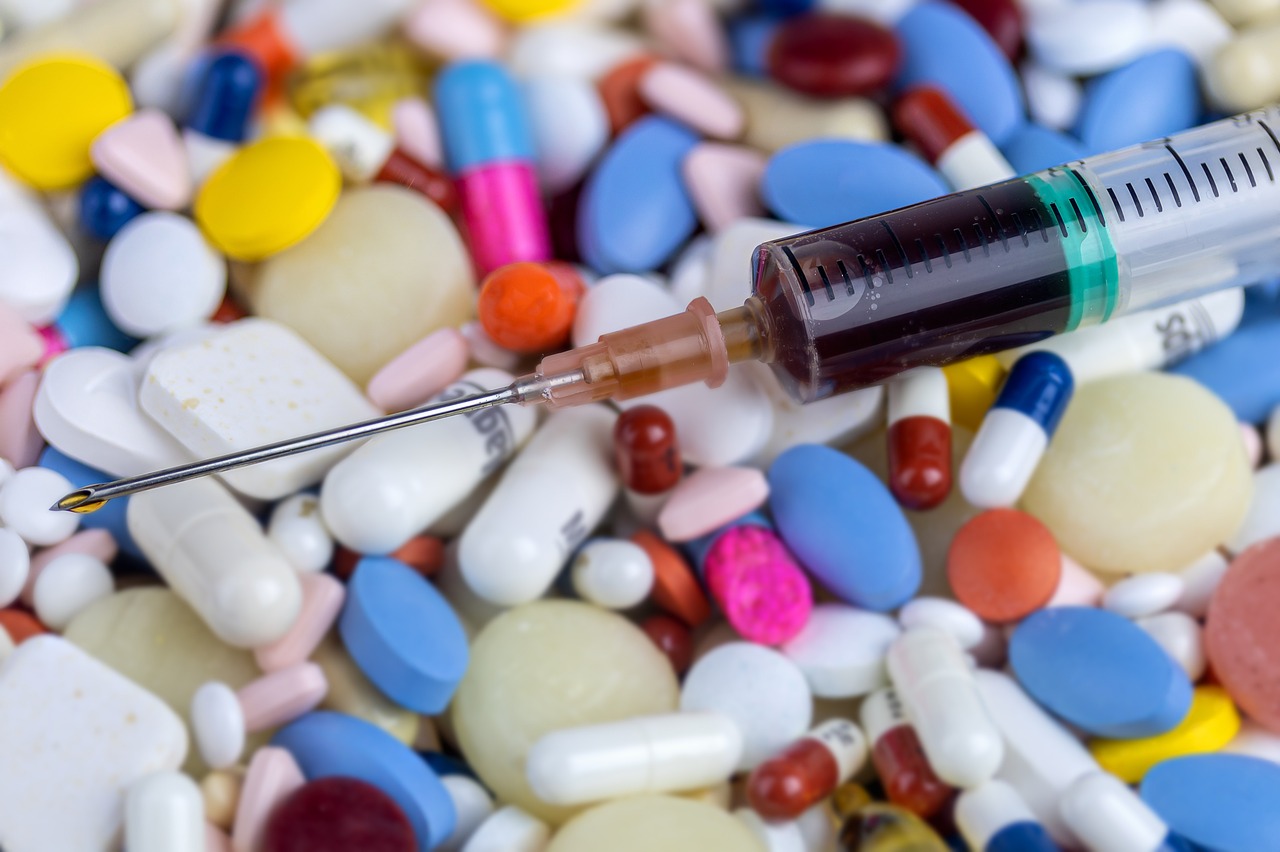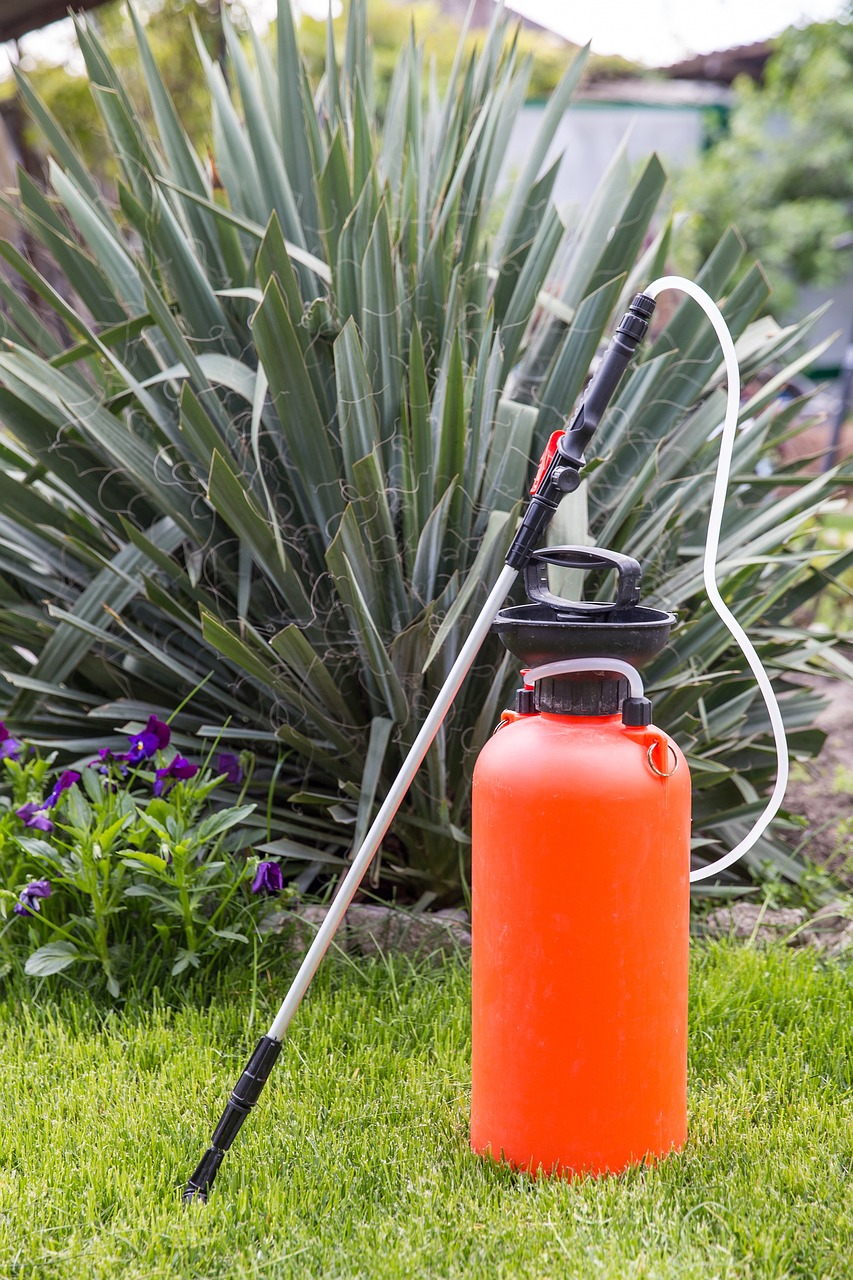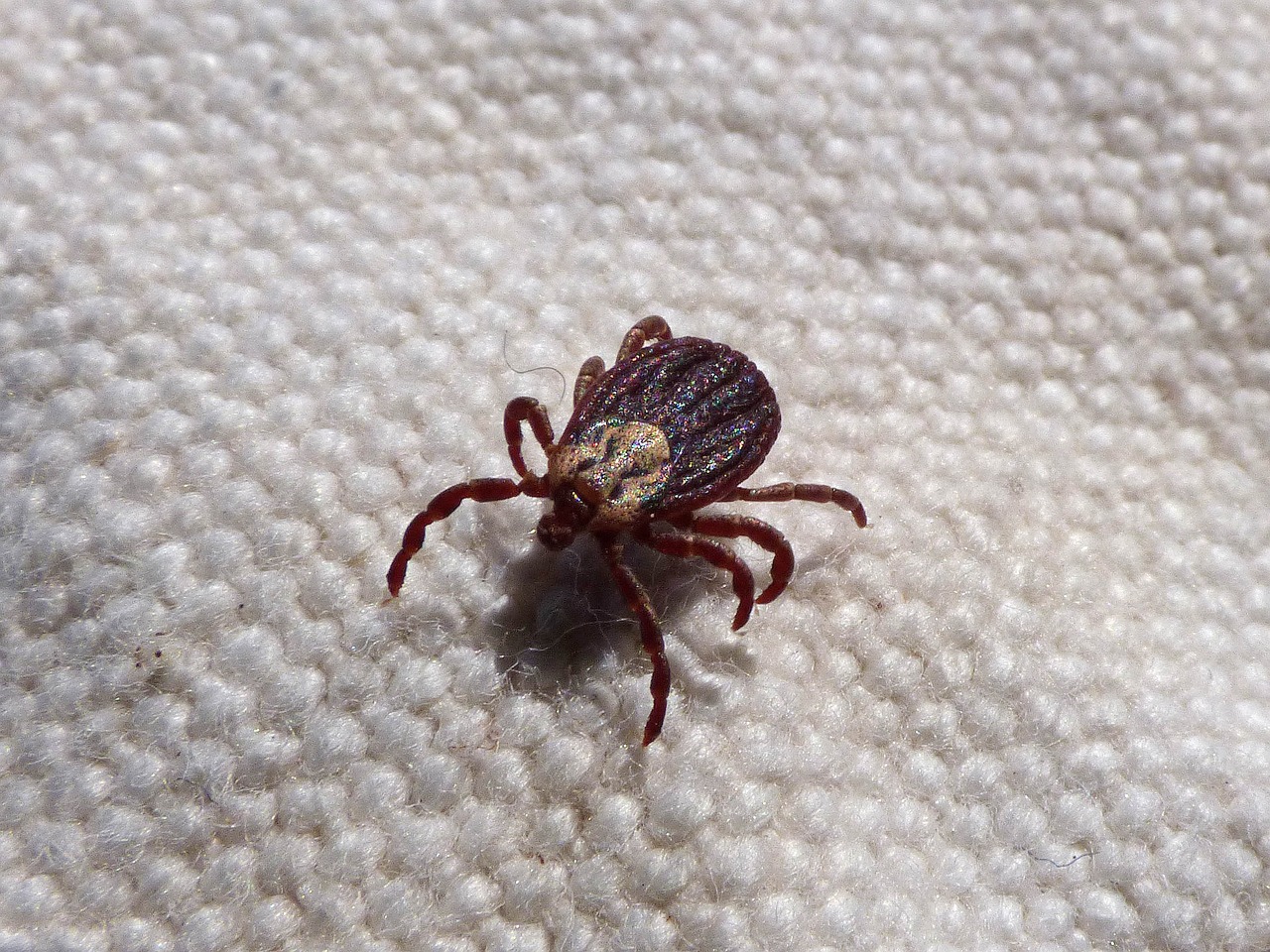All Pet Health Articles

Steer Clear of These 5 Game Day Foods for Your Pets
Football parties are all about fun, excitement, and plenty of delicious snacks and drinks. But while you're enjoying the game and indulging in your favorite treats, your dog or cat might be tempted to sneak a bite, too. The difference is that while you might end up with just a mild stomachache, certain foods can be dangerous—even life-threatening—for your pet.

Guarding Pets from Valentine's Day Chocolate Dangers
Valentine's Day is all about showing love to the special people in our lives, and of course, indulging in delicious chocolates. It’s no surprise that chocolates are a big part of the celebration. In fact, according to the National Retail Federation’s Valentine’s Day Consumer Spending Survey, nearly half of Americans—about 48%—plan to give candies as gifts on this romantic day.

Combating Counterfeit Flea Treatments to Safeguard Pets
The U.S. Environmental Protection Agency (EPA) is cracking down on fake flea treatments that could seriously harm pets. These counterfeit products look just like popular brands like "Frontline" and "Advantage," but they’re illegally imported and potentially dangerous. To keep pets safe, the EPA is taking action to stop their sale.

Safeguarding Your Pets from Harmful Pesticides and Rodenticides
To keep your pets safe from dangerous pesticides and rodenticides, it’s important to know which substances to avoid, how to store them properly, and what to do if your pet is exposed.

Parasites and Pets
Let’s be honest—your furry friend could have some unwelcome guests, and you might not even realize it. Parasites can take many forms, from pesky critters on their fur to sneaky invaders inside their body. Some are easy to spot, while others go unnoticed until they cause problems.

How To Keep Pets Safe from Trash Hazards
Snack bags, like the ones used for chips and pretzels, are often made from a mylar-like material. If a pet sticks its head inside too far, the bag can create an airtight seal, making it hard for them to breathe. In some cases, the bag can even get stuck around their neck, cutting off their air supply.
Get insurance plans with wide-ranging coverage options






